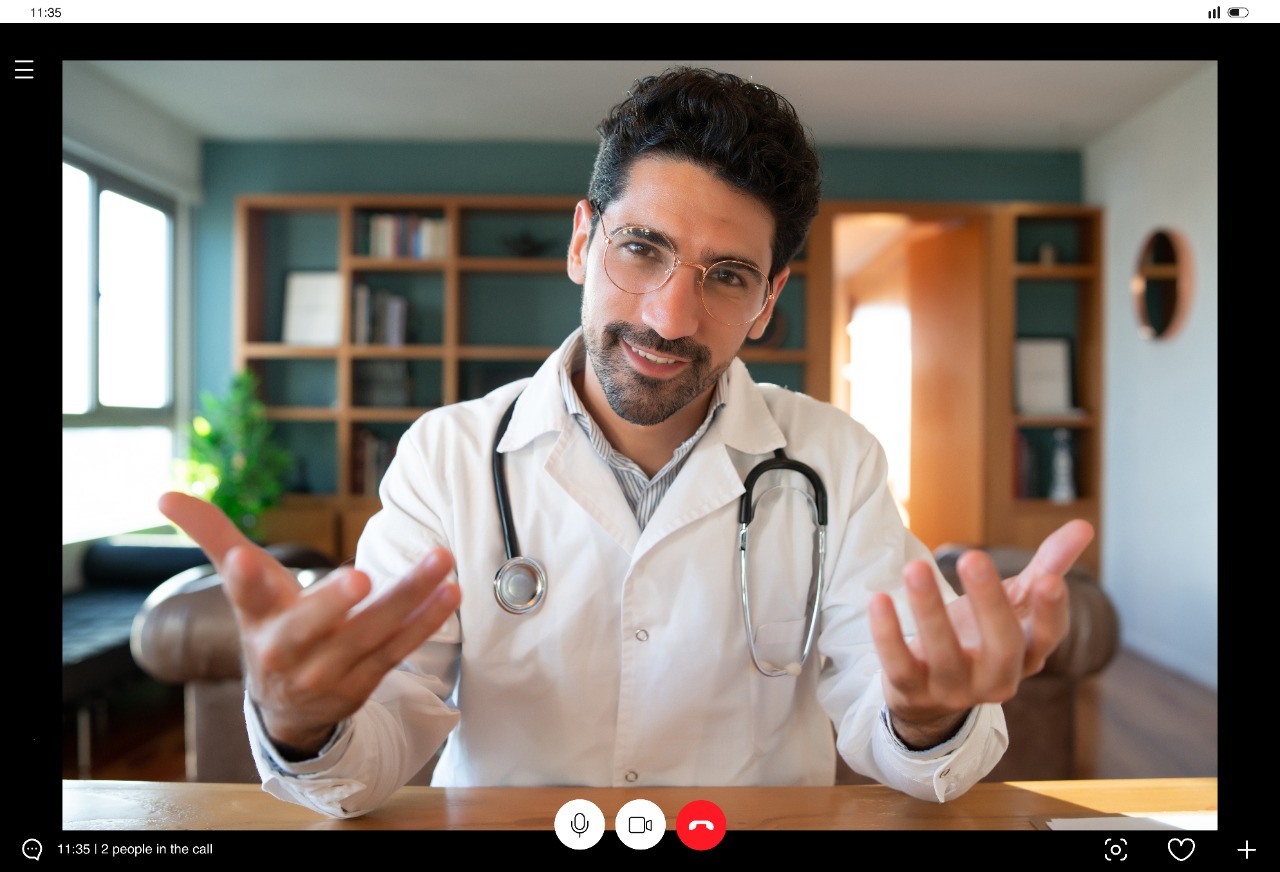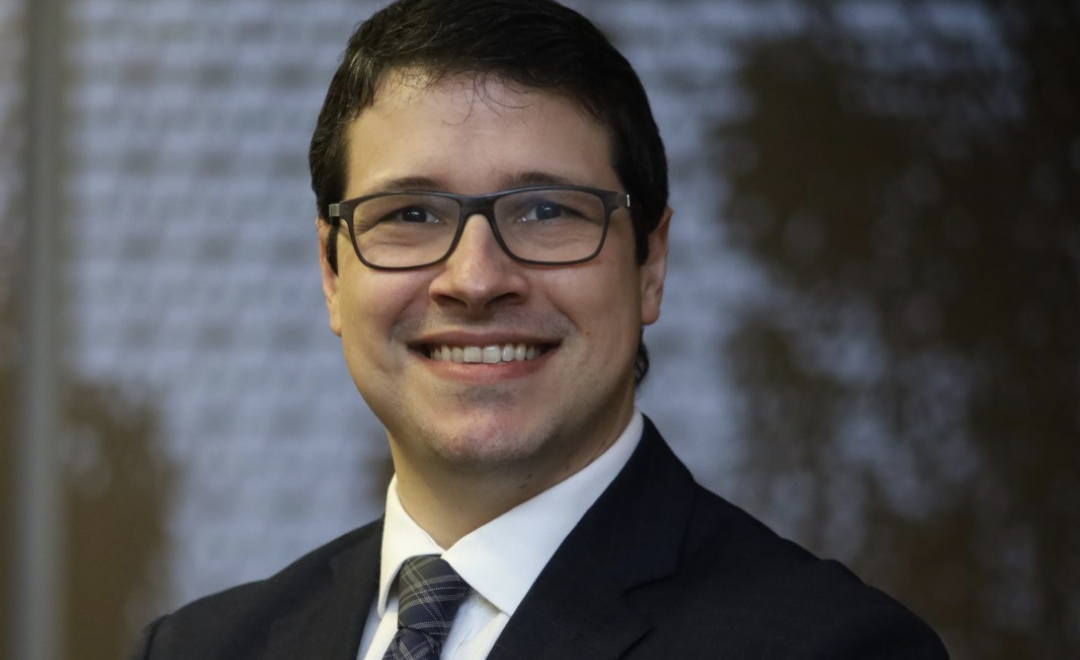Bill No. 1998/2020, which is expected to be analyzed this week by the Chamber of Deputies, is a breakthrough in Brazilian medicine. More than 25 million Brazilians have already received care through this modality.
Brazil is taking an important step towards the democratization of healthcare. In the coming days, federal deputies are expected to analyze and vote on Bill No. 1998/2020, which defines and regulates the practice of telehealth in the country – a modality already used by 15% in Brazilian hospitals and by more than 25 million patients, according to data from Saúde Digital Brasil – Brazilian Association of Telemedicine and Digital Health Companies. The text, authored by deputy Adriana Ventura, returns to the Chamber of Deputies after being approved by the Senate and must then proceed to presidential sanction.
For the president of Saúde Digital Brasil, Caio Soares, the original text approved by the Chamber of Deputies is a milestone of convergence between the different health sectors in Brazil, creating a fundamental basis for the provision of services in the country. This is the first step towards institutionalizing the use of technology to promote health, in an inclusive and safe manner for all.
“The text approved by the Chamber of Deputies, drafted by so many hands, led by the author, Congresswoman Adriana Ventura, and the rapporteur, Congressman Pedro Vilela, is a milestone, as it consolidates a broad debate on the use of technology to promote health. The text constitutes a guiding vision and convergent principles of the different players in the sector: telehealth companies, hospitals, health professionals, laboratories and others”, explains Caio Soares.
For the entity, the defense of the approval of the original text approved by the Chamber guarantees a basis that allows, in a second stage, to debate in specific forums the inclusions made by the Federal Senate. “We believe that additions made to the text by the Senate can be addressed in specific regulations, as they bring operational aspects of telehealth services. Therefore, it would be a second step after the approval of this first principle-based text. These items require in-depth discussions with experts, considering feasibility and impact on services in the public sector, coherence with the General Data Protection Law and standards of the National Data Protection Authority and Anvisa, among others.”
“We believe that, in order to ensure legal certainty for the practice of telehealth and considering a consensual text built over the last three years, the approval of the original text approved by the Chamber will be a huge step forward for us to have technology as a health provider. All this without prejudice to future opportunities in which specific rules covering other aspects relevant to the sector may be discussed,” Soares points out.
In practice, this means the possibility of bringing medical care, including specialized care, to Brazilian regions that do not have satisfactory health coverage. According to the Brazilian Medical Demography 2020 study1, many Brazilians who live outside the capitals still suffer from a lack of professionals. Brazil has 2.38 doctors for every thousand inhabitants, a proportion that plummets in the interior of the North, with 0.54, and in the Northeast, with 0.67. “With telehealth, the costs of providing health care in the country fall drastically, so municipalities can offer specialized medicine to residents of remote areas,” highlights Soares.
Correct treatment
Data from Saúde Digital Brasil reveals that the country has, on different platforms, more than 300 thousand professionals registered and able to perform remote medical care, including elements specific to medical consultations, such as prescribing medications, requesting tests and issuing medical documents/certificates for patients, in a practical manner and following current safety standards. This results in a gain in time in the patient's journey through the Unified Health System (SUS). To date, approximately seven million documents have been issued, including requests for tests, prescriptions for medications and treatments, diagnosis of diseases, among others, all centralized and with a lower risk of being fraudulent and/or lost.
“Imagine a patient in the SUS network. During an appointment, the doctor will have, on his screen – securely and backed by the LGPD – the entire history of symptoms, consultations, exams, medications, among other essential information to indicate the most appropriate conduct in each situation. For example, he can check the possible risks of drug interactions and minimize them”, explains Soares.
Bill 1998/2020
The telehealth bill was approved by the Federal Senate on November 29 and should be put to the Chamber of Deputies' agenda for voting this week.
1 Source: Brazil has 500,000 doctors, 2020 demographics reveal https://revisamed.com.br/residencia-medica/quantos-medicos-tem-no-brasil/#:~:text=Nas%20regi%C3%B5es%2C%20depois%20do%20Sudeste,S%C3%A3o%20Paulo%20com%203%2C20.
About Digital Health Brazil
Saúde Digital Brasil is a non-profit organization created to bring together entities that operate in the telehealth service provision chain or that develop activities related to digital health.
Founded in 2020, the entity's main goal is to represent the interests of telehealth and telemedicine providers and developers of health technologies. In addition, Saúde Digital Brasil works to contribute to the improvement of the healthcare model and encourage scientific and technological development, innovation and the qualified and sustainable development of the healthcare sector.





